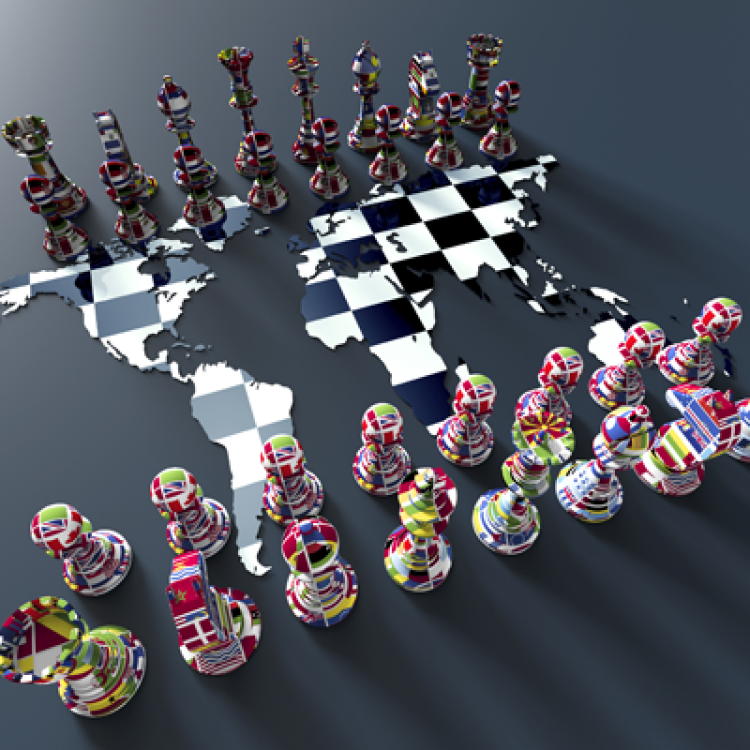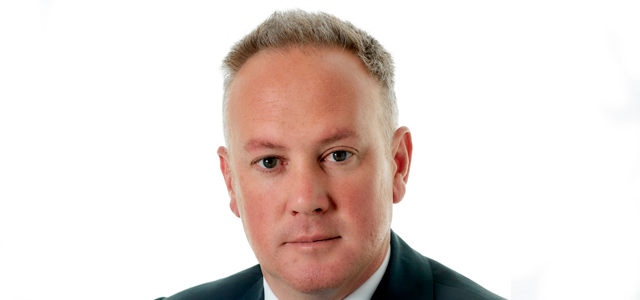Geopolitics: the biggest risk of all?

Risk managers have a vital role to play in helping the c-suite drive its geopolitical strategy. But what are the common pitfalls - and how can they cut through to what senior management really need to know? Jessica Titherington talks to the keynote speaker at Airmic's Geopolitics Academy Day, Neal Croft of Willis Towers Watson.
There isn't a single business in this country unaffected by geopolitical risk in some form, according to Neal Croft, client relationship director at Willis Towers Watson. "Even a small, UK-based business is likely to have a global dimension to their supply chain, or to fall under European climate regulations, or to have staff that travel abroad," Neal says. "The list is endless."
"Geopolitics is the number one risk facing corporates," he adds. "The subject is now bigger and more complex than ever before". The state of the global economy bears this out. Countries are more intimately interconnected than they have ever been, the effects of which are magnified by the speed and reach of new forms of media and communication. This, combined with the vast swathes of information available to businesses, makes it an extraordinarily challenging risk to understand.
However, the reason many businesses struggle to deal effectively with geopolitical challenges is not usually to do with the complex global landscape, but rather because of inadequate internal structures.
Mr Croft leads Willis Towers Watson's geopolitical risk team which works with organisations to understand, structure and measure their approach to geopolitical risks. He is therefore well-placed to view how organisations approach the geopolitical challenge:
"One of the most common pitfalls is that geopolitical risk is stuck in one part of the business," he comments. "Actually, it's a team sport and it should be dealt with by a range of players, including risk, HR, audit, operations, plus others."
The most forward-thinking and agile companies, he says, have geopolitics committees which span the breadth of the business, have senior buy-in and include external consultants.

Neal Croft is Willis Towers Watson's global client relationship director.
This is why the risk manager's role is crucial. "The risk professional is a key player," Mr Croft says. "It's their job to coordinate the other stakeholders and to involve third parties where relevant. How companies structure themselves internally to address geopolitics is the first battle to be won."
Ultimately, the c-suite should be driving the response to this risk, he continues. Cutting through the white noise to what is of direct relevance to senior management is therefore an important part of a risk manager's skillset.
One way to get the attention of the boardroom is to present them with benchmarking data versus competitors. "Surveys and peer comparisons are invaluable," Mr Croft states. "If, for example, a boardroom is presented with information, suggesting they may be in the bottom quartile for their business continuity plans, they will sit up and listen."
It is equally important to get to the heart of what matters for the business. "When there is so much information to be digested, you must always ask what is pertinent to the business," he says. "Which data is business-critical? What info is needed to trigger contingency plans?"
And always remember, he notes, that there is usually a positive to be found. "It's not all about the risks. Geopolitical developments are complex and there are usually opportunities to be revealed."
Neal Croft will be speaking at Airmic's Geopolitics Academy Day on 15 April. There are a few places still available. For more information or to register, please click here.
